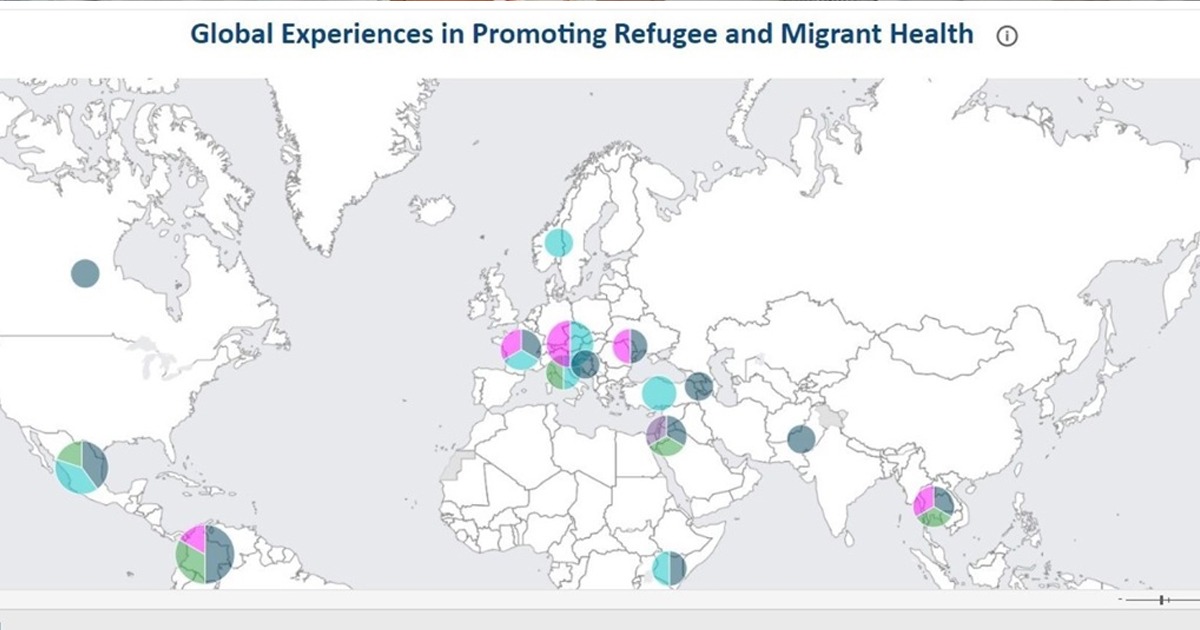The scientific journal The Lancet published a research paper conducted by researchers at the School of Public Health and Health Systems, University of Waterloo in Canada, which addresses several issues on the production, dissemination and consumption of information during the pandemic.
In the article: What social media told us in the time of COVID-19: a scoping reviewpublished on January 28 in the online version of The Lancet, Canadian researchers propose a review of peer-reviewed empirical studies whose object of study is social media and COVID-19 from the first reports of the outbreak in November 2019 to November 2020.
The estimated total number of COVID-19 infections worldwide is more than 105 million people and approximately 2 million people have lost their lives due to complications from COVID-19. As mentioned by the researchers, social networks have become the platform of choice for public opinions, perceptions and attitudes towards various events related to public health and COVID-19. In addition, through them universities, government and organizations share relevant information regarding the pandemic.

In the systematic review they noted that not all studies considered COVID-19 as the main topic, but broader terms such as health, medicine or disease through the use of Twitter data. In this social network it is possible to explain different facets of public health research.
The researchers mention that social networks are ideal for communicating medical information effectively, especially during health crises such as the current one. “Emerging infectious diseases, such as COVID-19, almost always result in increased usage and consumption of media of all forms by the general public for information. Therefore, social media has a crucial role in people's perception of disease exposure, resultant decision making, and risk behaviours,” they explain.
The review of other research identified three main approaches: assessment of the public's interest in, and responses to, emerging infectious diseases; examination of organisations' use of social media in communicating emerging infectious diseases; and evaluation of the accuracy of medical information that is related to emerging infectious diseases on social media.
The review considered more than 2000 articles from the PubMed, Scopus, and PsycINFO databases, of which 670 were discarded as duplicates, subsequently only 301 articles qualified for a full text review, to finally be left with 81 articles. “To categorise these chosen articles, we adopted a novel framework called Social Media and Public Health Epidemic and Response (SPHERE) and developed a modified version of SPHERE framework to organise the themes for our scoping review,” they explain in the results section.
The content regarding COVID-19 found in the 81 studies was categorized as follows:
- Social media as surveillance monitoring, which in turn has three subcategories, public attitudes, mental health, and detection or prediction.
- Social media as contagion and vector, which involves the phenomenon of infodemia.
- Social networks as disease control, which involves quality information and government responses.
“Our Review also identified studies that were related to COVID-19 on infodemics, mental health, and prediction. For COVID-19, accurate and reliable information through social media platforms can have a crucial role in tackling infodemics, misinformation, and rumours. Additionally, real-time surveillance from social media about COVID-19 can be an important tool in the armamentarium of interventions by public health agencies and organisations,” the authors concluded.





